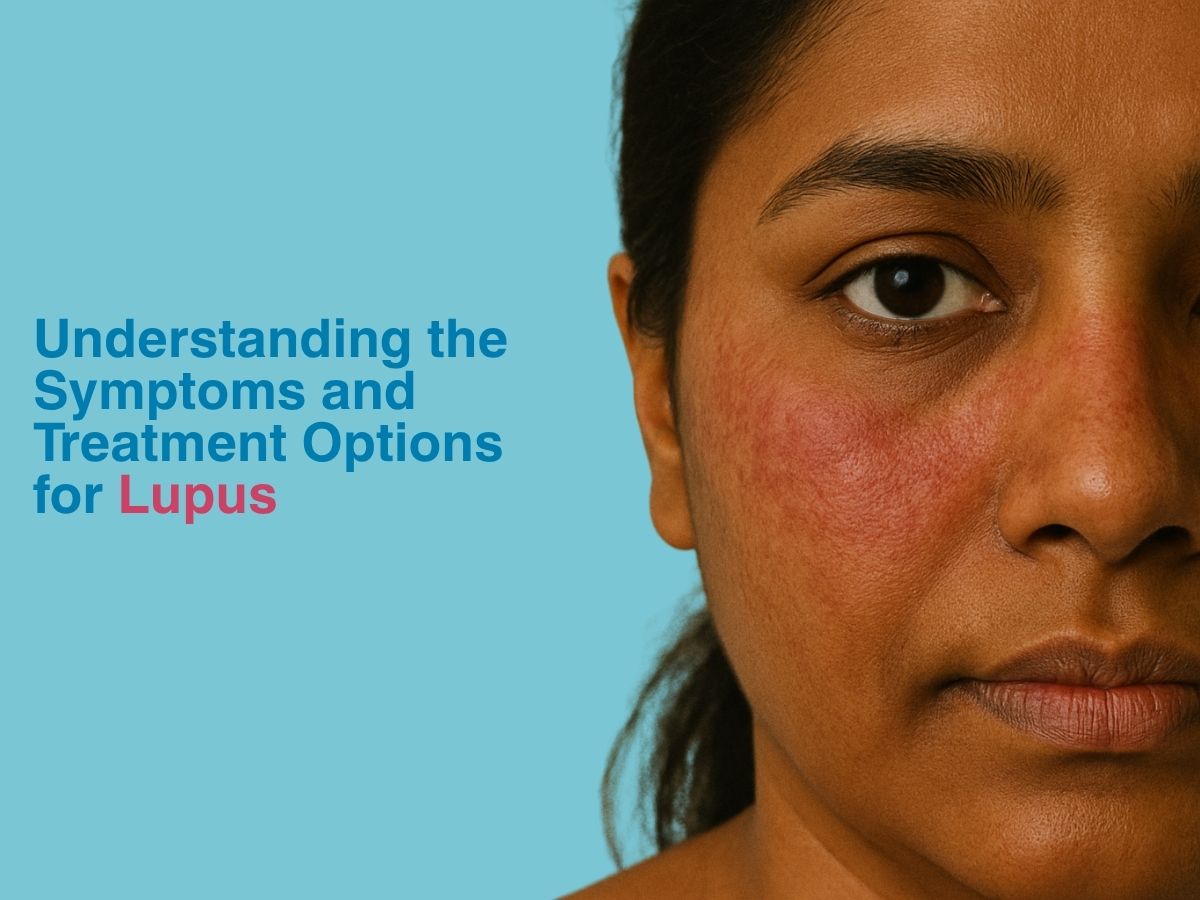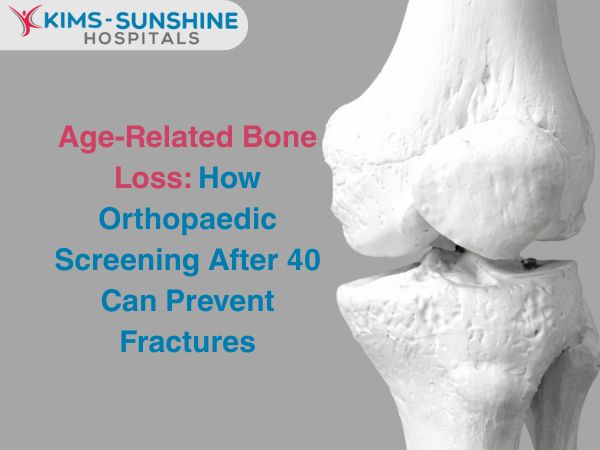
Understanding the Symptoms and Treatment Options for Lupus

Lupus is an autoimmune disorder where your immune system launches an unrelenting attack on your own cells. This can lead to a variety of symptoms caused by inflammation in different parts of the body. The immune system can hence attack any tissue- like joints, skin, any organ like the kidney, heart, lungs, brain, eyes etc. Lupus has been classified into different types based on which parts of the body it affects- cutaneous lupus erythematosus- when it involves only the skin, neonatal lupus- where newborns have lupus at birth, though this may be due to faulty genes or drug induced lupus- where stopping the offending medication can help you get better, respectively. Lupus as a condition waxes and wanes- which means you will feel fine at times and have a flare up at other times.
Early Symptoms Of Lupus And How To Recognize Them
Let us look at the early signs or symptoms of lupus
- You may have joint pain
- You could have a low grade fever
- A butterfly shaped rash on your face
- Mouth sores
- You may feel tired a lot
- You may notice swelling in your limbs
- Blood clots may also form
- Some people may have issues with their eyes- like sensitivity to light, dryness, redness etc.
- People may have anaemia at other times
- They may feel depressed too
- Heart disease and kidney disease is not a rare occurrence
Lupus seems to affect more women than men, as a result of some immune reaction to the oestrogen present in their system. Otherwise, it is a genetic condition and may be triggered due to some stress.
How Lupus Affects Different Organs In The Body
Let us look at what happens in your body when you have lupus-
- Blood– Anaemia or change in blood composition
- Kidney disease– nephritis, where it is observed as lower urine output, proteinuria and even kidney failure in extreme cases.
- Lungs– You may have inflammation of the pleural tissue called pleuritis, pneumonitis or lung tissue inflammation and feel short of breath most of the time.
- Heart– Can affect the cardiac muscles- myocarditis, the outer pericardium (called pericarditis) or even the valves.
- Brain and nervous system– you may have memory or concentration related issues, feel depressed, have seizures
- Bones– Osteoporosis
- Joints– Arthritis
- Lupus can attack your digestive system too. Blood vessels may also suffer the same fate, leading to vasculitis.
- The reproductive system may also get affected, but rarely.
How Lupus Is Diagnosed Through Blood Tests And Physical Exams
Blood tests are commonly done to check for blood cell counts and any change in composition. They can also look for infections. Antinuclear antibody (ANA) tests will look for specific antibodies which target your own cells. Doctors can also check your urine or take a biopsy of any organ to check how it has been affected.
Living With Lupus: Coping Strategies And Support
Since it is a chronic condition, there is no cure for it. It can only be managed with steroids, anti-inflammatory drugs or painkillers and hydroxychloroquine- which can slow lupus down and help you feel slightly better. Immunosuppressants may also be given, but this has the danger of leaving you open to opportunistic infections. The dosage needs to be properly ascertained so that your symptoms get better and your immune system still functions at a normal level.
Conclusion
Lupus can be hard to deal with and when you are having a flare up, life can just seem painful and unmanageable. It is best you get someone to help you at home and talk to your doctor about how to deal with it. Apart from the drugs, you may consider joining support groups, so you don’t feel isolated. Lupus Trust India is a very well known organisation which has offices all over India, while hospital run rheumatology departments can also help you in this capacity. Finally, pay close attention to your body and how you feel, so that when you know something is off, you can get help immediately, without any delay.
Frequently Asked Questions
How do doctors diagnose lupus?
What are the common triggers of lupus flare-ups?
Is lupus treatable, and what are the available treatment options?
Can diet and exercise improve symptoms of lupus?
Are there any support groups or resources for people living with lupus?






